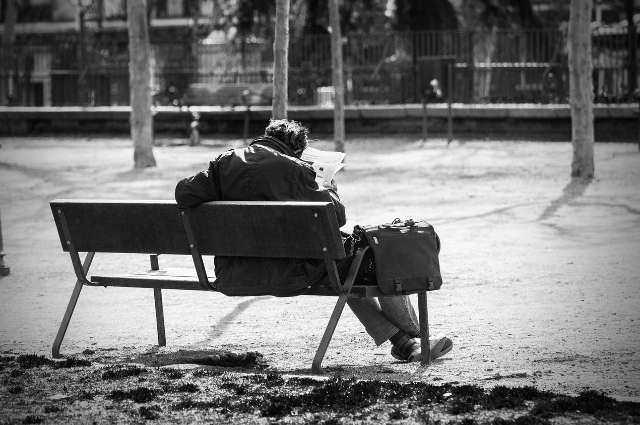
Image by José Manuel de Laá from Pixabay
The world right now seems like it is in a Fast and Furious movie - racing toward a destination no one knows, but wanting to be the first one there. Every single one of us is running to be the best. To do something that hasn’t been done and to be a person worth being remembered in the history books. We are consuming millions of bits of content and information daily, connected to people who seemed impossible before the advent of the internet, and the one medium that would’ve helped us reach them has become a test of self-restraint and willpower.
When was the last time you ate without your phone?
Our phones were designed to provide ease, streamline tasks, and connect us. However, somewhere along the way, we became the controlled ones. We check our notifications as if they were oxygen. We scroll through life as if living can be postponed. We value likes, comments, and moments that seem nice on camera more than moments that make us feel good. What was once a vehicle for communication in this big, big world has evolved into a perpetual competition - for productivity, attractiveness, and relevance. And in our efforts to keep up, we forgot to look up.
Our attention spans have been conditioned to jump, refresh, scroll, and swipe. Without background distractions, even the tiniest activity feels difficult. Social media has even made comparisons simple. We no longer evaluate our lives based on how they feel, but on how they appear. Everyone's joy, prosperity, beauty, and accomplishments are presented like polished trophies, and we begin to believe that ours are insufficient. What we forget is that we're comparing our raw, unedited realities to someone else's beautifully curated highlights. And in doing so, we lose sight of our own path. Simply being feels almost impossible right now. So sit without searching for something to break the silence. Walk without music. Eat without a screen. Our minds are accustomed to constant stimulus. When the stimulation ends, we do not feel rested rather unsettled. That discomfort isn't boredom; it is unfamiliarity with ourselves. But boredom isn't our enemy; it's space. It is where thoughts settle, where creativity thrives, and where clarity emerges. When we eliminate digital noise, we gradually rediscover what it means to focus. We realise how profoundly we can think when we are not continuously interrupted. And ultimately, the calm no longer feels empty, but rather like home. This is where the concept of digital detox becomes critical.
A digital detox is the deliberate act of disconnecting from our technology to reconnect with ourselves, our environment, and the present moment. It is about re-balancing our relationship with it. It entails understanding that, while the digital world is strong and necessary, it should not be our permanent home. The online world was never intended to replace real life; rather, it was designed to enrich it.
So what does a digital detox actually look like? It doesn’t need to be dramatic or extreme. It can be simple and small. After all, everything starts with baby steps.
It can start with eating one meal without your phone beside you, taking a walk and noticing the world around you instead of scrolling, keeping your phone in another room while you sleep and not with the thoughts of other people’s posts and opinions or your lack thereof. It can be as simple as allowing silence to exist without immediately trying to fill it. Because when we step back from our screens, we step closer to ourselves. We start hearing and analysing our own thoughts again, which may not always be a bad thing, instead of drowning in the noise of everyone else’s. We remember what it feels like to experience a moment without thinking of how it looks from the outside. And sometimes, in that pause, we realise that the world is quieter than we feared, and softer than we expected, and we start to feel more like a human and less like an animal who’s constantly in a fight-or-flight state.
The bitter truth here is that the world will not slow down for us, nor should it, but we can choose to stop running. The internet will continue producing content at a speed faster than we can consume, but we can choose to step out of its tide. The digital world will continue evolving, but we can choose to return to our own. Perhaps what we're looking for isn't more information, connection, or stimulation, but a chance to breathe. A moment that is uniquely ours. When we walk away from the relentless tug of our screens, we recall that life is happening right now, silently in front of us. We don't need a louder world to feel alive; all we need to do is listen. And often the most significant shift starts with simply being where we are.
A digital detox is not renouncing technology forever; it is a much-needed return. Return to presence. Return to attention. And a return to living instead of watching life go on the same way, with you being a spectator of your own life. And maybe, the first step is simply remembering to look up.
